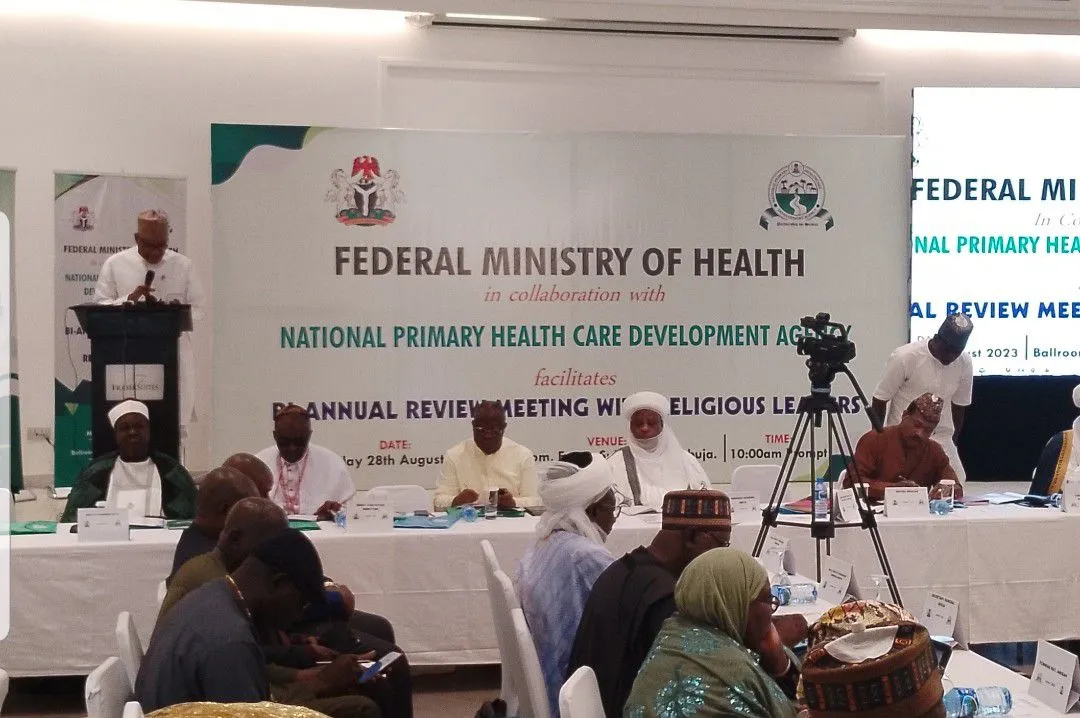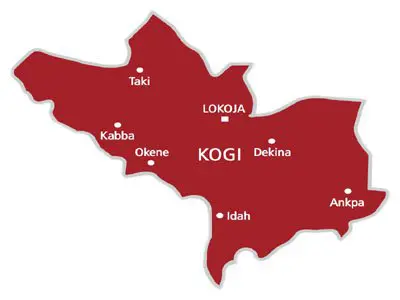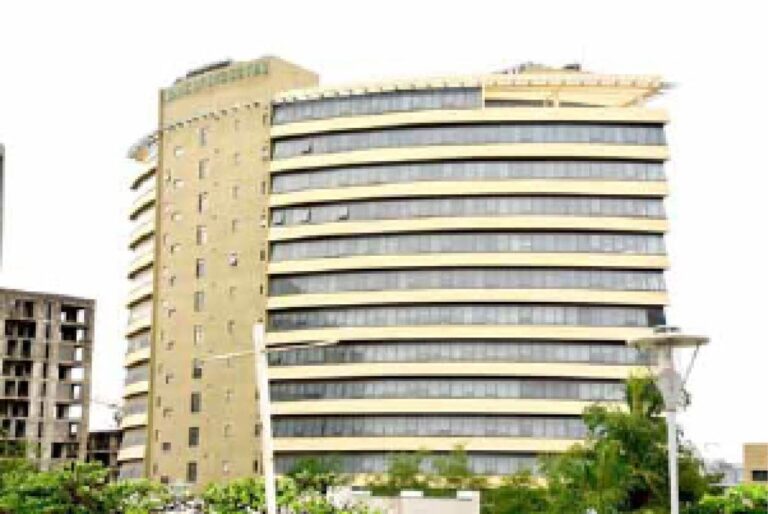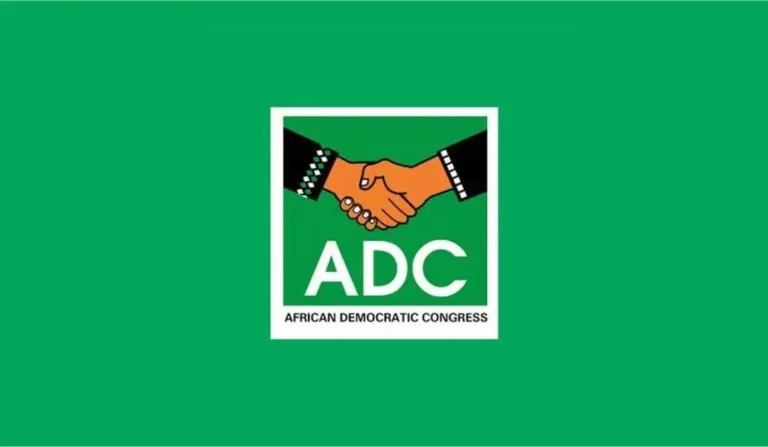
Religious leaders have been urged to sensitize members on accepting the Human Papilloma Virus vaccine, HPV, aimed at reducing cervical cancer in women across the country.
The vaccine against cervical cancer by the federal government which is targeted at young girls is to commence in September, 2023.
The Executive Director, National Primary Health Care Development Agency (NPHCDA), Dr Faisal Shuaib made the call at the bi-annual review meeting with religious leaders in Abuja on Monday.
The meeting is to strengthen religious leaders support to immunization and primary healthcare services as well as to share updates on polio outbreak response campaigns, routine immunizations and Covid-19 vaccination.
Dr Faisal who explained that the Human Papilloma Virus (HPV) vaccine against cervical cancer was amongst girls between the ages 9 and 15 years, appealed to Religious Rulers to sensitize members of their communities on the importance of the vaccine and the need to embrace it.
He told them that as revered leaders they possess the power to disseminate crucial information that could influence behaviour, dispel myths, and encourage preventive practices.
The NPHCDA Executive Director also urged them to share insights and innovative ideas that align with their teachings and values in fostering a culture of preventive health care within the faith communities and the nation at large.
Declaring the bi-annual review meeting open, the coordinating Minister of Health and Social Welfare, Dr Ali Pate, represented by his Special Advice, Dr Emmanuel Odu said the review meeting was necessary to address identified gaps in the health sector.
He added that President Bola Ahmed Tinubu was determined to make healthcare affordable and accessible to Nigerians, hence the need for a more robust collaboration with Religious leaders.
Responding, the President Christian Association of Nigeria (CAN), Archbishop Daniel Okoh represented by Reverend Joseph Nomhwange and the President Nigerian Supreme Council for Islamic Affairs, Sultan Abubakar III said healthcare system delivery in the country was gradually getting the required attention needed.
They promised to continue collaborate with the government to improve the sector.




